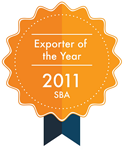Maximizing Efficiency with Automatic Label Applicator Benefits for Global Buyers
In today's fast-paced global market, the demand for efficient labeling solutions has led to a significant surge in the adoption of automatic label applicators across various industries. According to a recent report by Smithers Pira, the global labeling market is projected to reach $53 billion by 2024, driven by the growing requirement for streamlined packaging and improved inventory management.

Automatic label applicators have become essential tools for manufacturers and retailers seeking to enhance their productivity and reduce operational costs. These advanced systems not only ensure precise label placement but also minimize wastage and labor costs, making them a strategic investment for businesses aiming to maximize efficiency.
As global buyers increasingly look for solutions that can deliver consistent quality and speed, the adoption of automatic label applicators stands out as one of the top strategies to meet these evolving demands.
Maximizing Operational Efficiency: The Role of Automatic Label Applicators in Modern Supply Chains
In today's competitive landscape, maximizing operational efficiency is essential for businesses looking to thrive in modern supply chains. Automatic label applicators have emerged as a vital tool for enhancing productivity and precision. By automating the labeling process, businesses can significantly reduce the time and labor required for packaging, allowing employees to focus on more critical tasks. This innovation not only streamlines operations but also minimizes the risk of labeling errors, which can lead to costly rework and compliance issues.
Furthermore, the integration of advanced technologies such as machine learning and artificial intelligence in supply chain management is revolutionizing how businesses manage their operations. Just as automation in all-terrain vehicles is transforming agriculture practices, automatic label applicators are reaping the benefits of AI-driven analytics to optimize label placement and inventory management. This convergence of technology and logistics helps businesses maintain accuracy in labeling while adapting to fluctuating market demands seamlessly. For global buyers aiming to maximize efficiency, investing in automatic label applicators is a strategic move that can greatly enhance their overall supply chain performance.
Maximizing Efficiency with Automatic Label Applicator Benefits
Cost Reduction Strategies: How Automatic Label Applicators Decrease Labor and Material Expenses
 Automatic label applicators have become indispensable tools for global buyers looking to streamline their operations and reduce costs. By automating the labeling process, companies can significantly decrease labor expenses, which is a critical factor in maintaining competitive pricing. With the ability to apply labels quickly and consistently, these machines not only reduce the need for manual labor but also minimize the chances of human error, leading to further savings.
Automatic label applicators have become indispensable tools for global buyers looking to streamline their operations and reduce costs. By automating the labeling process, companies can significantly decrease labor expenses, which is a critical factor in maintaining competitive pricing. With the ability to apply labels quickly and consistently, these machines not only reduce the need for manual labor but also minimize the chances of human error, leading to further savings.
Tip: Choose the Right Machine for Your Needs
When selecting an automatic label applicator, consider the types of products you’re labeling and the volume of production. Invest in a machine that offers flexibility to accommodate different label sizes and formats, ensuring seamless integration into your existing production line.
In addition to labor savings, automatic label applicators can help minimize material expenses. They can be designed to optimize label usage through precise application, which reduces waste and ensures that you get the most out of your labeling supplies.
Tip: Regular Maintenance is Key
To ensure your label applicator operates efficiently, schedule regular maintenance checks. This not only prolongs the machine’s lifespan but also maintains label precision, further enhancing cost savings over time. By focusing on both labor and material efficiency, businesses can leverage automatic label applicators to realize substantial cost reductions.
Enhancing Product Traceability: The Impact of Automation on Tracking and Compliance in Global Markets
In the rapidly evolving food processing industry, automation plays a crucial role in enhancing product traceability, particularly for global buyers. The introduction of advanced automatic label applicators not only streamlines packaging processes but also significantly boosts compliance with traceability requirements. According to a recent report, the global food traceability market is projected to expand from USD 20.8 billion in 2025 to approximately USD 57.2 billion by 2030, reflecting a compound annual growth rate (CAGR) of 11.9%. This surge highlights the increasing emphasis on tracking and transparency across supply chains, essential for meeting global safety standards.
With distilleries and food manufacturers implementing automation software, businesses benefit from improved batch tracking capabilities that ensure each product's origin is logged and easily retrievable. Innovations in technology facilitate real-time data collection, allowing businesses to monitor their processes and adapt swiftly to any compliance changes. As the industry embraces these technological advancements, leveraging these automated solutions becomes imperative for maintaining competitive advantage in an increasingly regulated market.
Maximizing Efficiency with Automatic Label Applicator Benefits for Global Buyers - Enhancing Product Traceability: The Impact of Automation on Tracking and Compliance in Global Markets
| Dimension | Description | Benefit | Impact on Compliance | Global Market Considerations |
|---|---|---|---|---|
| Automation Speed | Increased application speed of labels on products. | Higher output in less time. | Improved ability to meet regulatory deadlines. | Essential for high-volume global operations. |
| Labeling Accuracy | Reduction in manual errors during labeling. | Increased product reliability and customer trust. | Ensures compliance with labeling regulations. | Critical for market entry in regulated regions. |
| Data Integration | Seamless integration with inventory and production systems. | Streamlined operations and reduced manual tracking. | Enhances audit trail capabilities. | Supports global traceability standards. |
| Cost Efficiency | Lower operational costs through reduced labor needs. | Increased profit margins. | Reduces financial risks associated with fines. | Promotes competitiveness in global markets. |
| Regulatory Compliance | Meets specific requirements set by global regulatory bodies. | Prepares businesses for market access. | Reduces risk of compliance issues. | Essential for success in stringent markets. |
Boosting Production Speed: Industry Statistics on Labeling Automation Performance Improvements
In today's competitive marketplace, enhancing production speed is a key factor for success, and labeling automation has emerged as a driving force behind operational efficiency. Industry statistics reveal that companies embracing automatic label applicators experience significant improvements in throughput. For instance, businesses have reported up to a 50% increase in production speed, allowing them to meet rising consumer demands without compromising on quality. This acceleration not only boosts output but also minimizes labor costs, freeing up resources for other critical operations.
Moreover, the adoption of labeling automation contributes to enhanced accuracy and consistency in product presentation. Statistics indicate that automated systems reduce labeling errors by as much as 90%, which is crucial for compliance in industries such as food and pharmaceuticals. By ensuring precise application, companies can maintain brand integrity and avoid costly recalls or rework. As global buyers seek to optimize their supply chains, investing in automatic label applicators represents a strategic move toward achieving both speed and precision in their operations.
Sustainability Considerations: The Eco-Friendly Advantages of Using Automatic Label Applicators in Manufacturing
 The shift towards sustainability in manufacturing is accelerating, and the adoption of automatic label applicators is a significant step toward eco-friendly practices. According to a recent industry report, businesses that integrate automated labeling solutions can reduce material waste by up to 30%. This is primarily due to the precise application of labels, minimizing errors and the need for rework. Furthermore, these systems often utilize recyclable materials, aligning with global efforts to decrease environmental footprints.
The shift towards sustainability in manufacturing is accelerating, and the adoption of automatic label applicators is a significant step toward eco-friendly practices. According to a recent industry report, businesses that integrate automated labeling solutions can reduce material waste by up to 30%. This is primarily due to the precise application of labels, minimizing errors and the need for rework. Furthermore, these systems often utilize recyclable materials, aligning with global efforts to decrease environmental footprints.
When considering sustainability, it's essential to select applicators that are energy-efficient. A study showed that advanced automatic label applicators consume up to 40% less energy than traditional manual methods. This reduction not only lowers operational costs but also contributes to a greener manufacturing process. Buyers should seek machines certified by energy efficiency programs to ensure compliance with current standards.
Tip: Implement a regular maintenance schedule for your automatic label applicators to maximize their efficiency and longevity. Keeping the machinery clean and well-calibrated can reduce energy usage and prevent unnecessary waste. Additionally, consider using eco-friendly labels made from biodegradable materials to further enhance your sustainability initiatives.






30 Beach Street, Mt Vernon, NY 10550
914-239-3878 sale@bbqmachine.com
© 2025 by TurboFil Packaging Machines, LLC
© 2025 by TurboFil Packaging Machines, LLC


 Skip to content
Skip to content

